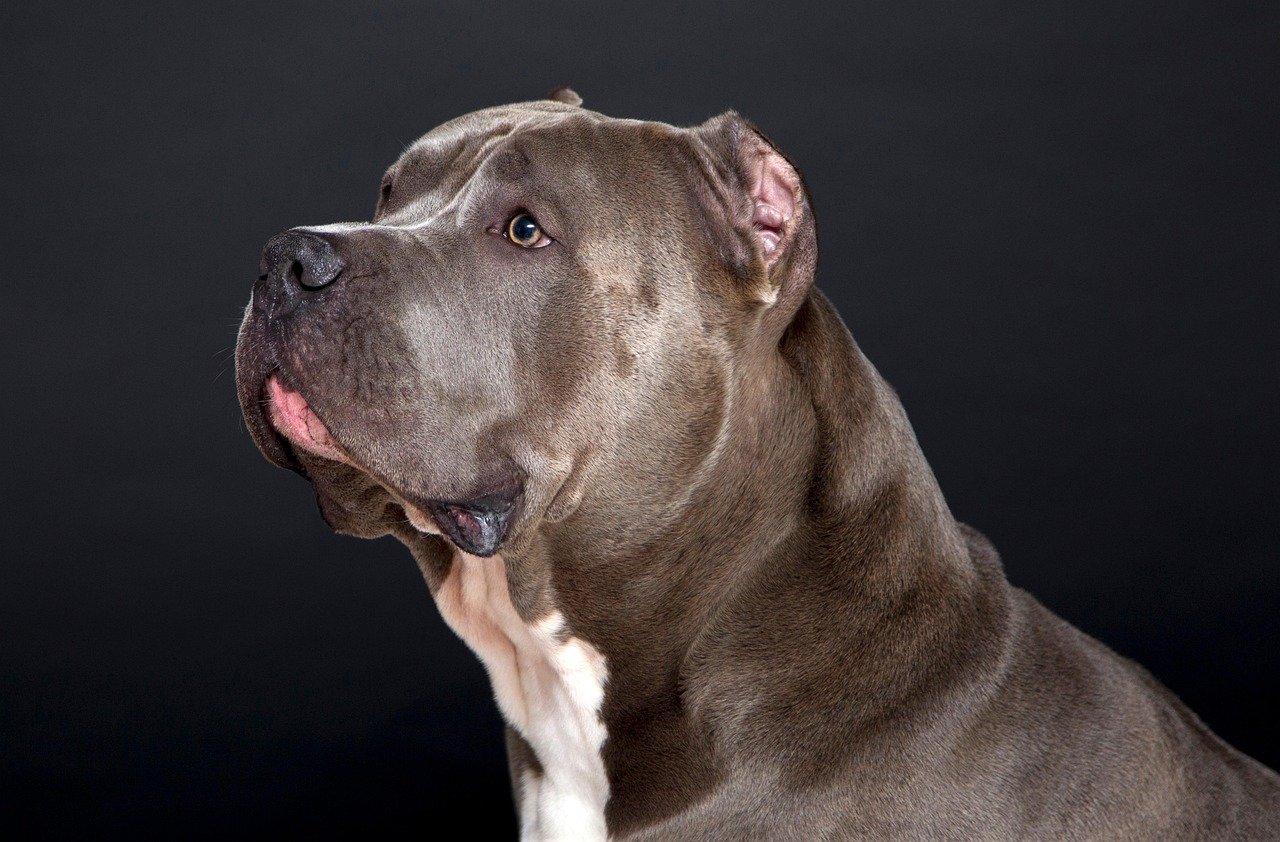Understanding Your Pittie’s Emotional Needs

Pit Bulls, affectionately known as Pitties, are renowned for their loyalty and affection. However, like all dogs, they can experience loneliness if their emotional needs are unmet. Recognizing these needs is crucial for their well-being. Pitties are social creatures who thrive on interaction, be it with humans or fellow animals. They crave companionship and can exhibit signs of loneliness when left alone for extended periods. Ensuring your Pittie doesn’t feel isolated involves more than just physical presence; it requires emotional engagement. Paying attention to their behavior can help you discern whether they’re feeling neglected or lonely. Remember, a happy Pittie is an emotionally fulfilled one.
Excessive Barking or Whining
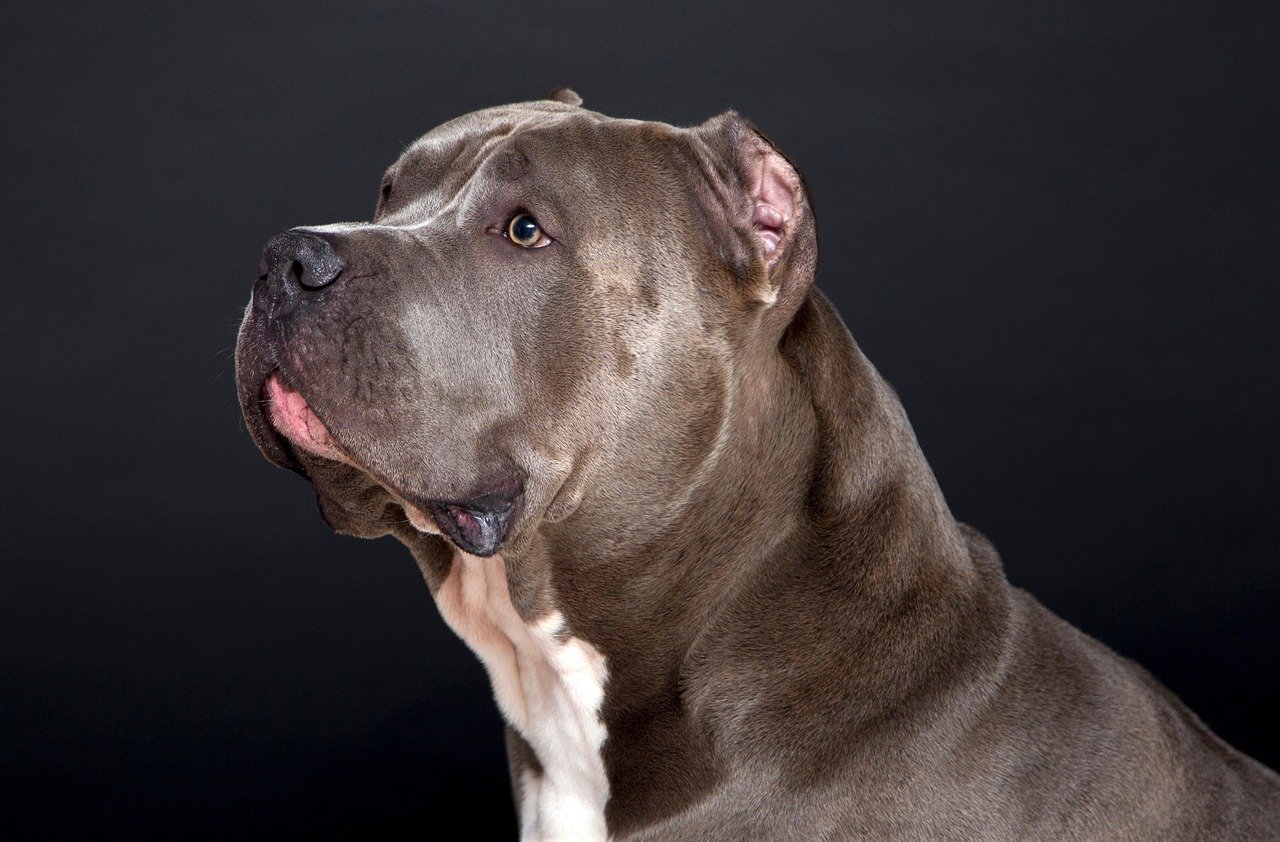
One of the most noticeable signs that your Pittie is lonely is excessive barking or whining. This vocalization is their way of communicating distress or seeking attention. If your Pittie suddenly becomes more vocal, it’s essential to assess their environment and routine. Are they getting enough interaction throughout the day? Consider whether any changes in your schedule might have affected them. Dogs often bark to express their need for companionship or to alleviate boredom. Addressing the root cause, be it loneliness or lack of stimulation, can help reduce this behavior and make your Pittie feel more content.
Destructive Behavior

Destructive behavior can be a clear indicator that your Pittie is feeling lonely or anxious. Chewing on furniture, shredding items, or digging holes might seem like mischievous acts, but they often stem from a need for mental or physical engagement. When left alone for long periods, Pitties might resort to these behaviors to cope with their emotions. Providing them with toys that challenge their minds or setting up a playdate with another dog can curb this tendency. Remember, a tired dog is a happy dog, so ensuring they have enough mental and physical stimulation is key.
Loss of Appetite
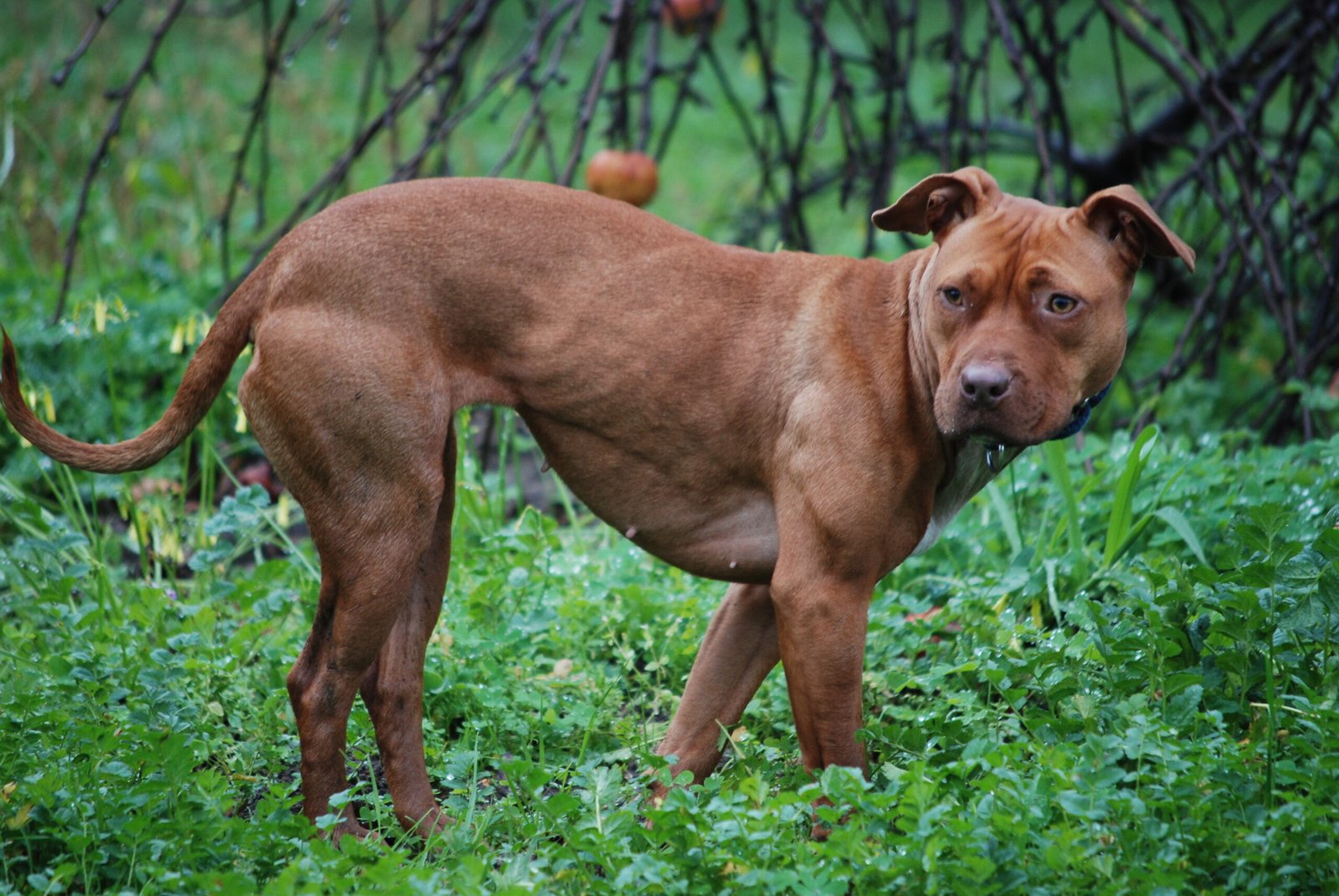
A sudden loss of appetite in your Pittie could indicate loneliness. Dogs, much like humans, can lose interest in food when they’re feeling down or anxious. If you notice your Pittie skipping meals or showing disinterest in their favorite treats, it may be time to evaluate their emotional state. Loneliness can lead to depression, and a lack of appetite is often a symptom. Ensure your Pittie has a consistent routine and consider adding interactive feeding toys to make mealtime more engaging. Sometimes, a simple change in environment or routine can reignite their interest in food.
Excessive Sleeping

While dogs are known for their love of napping, excessive sleeping can signal loneliness. If your Pittie is sleeping more than usual or seems lethargic, it might be their way of coping with a lack of stimulation. Dogs often sleep to pass the time when they’re bored or lonely. This behavior can be a cry for more interaction and playtime. Engaging your Pittie in regular walks, play sessions, or even training exercises can help break this cycle. Remember, a balanced routine with ample mental and physical activity is essential for their well-being.
Clinginess or Over-Attachment
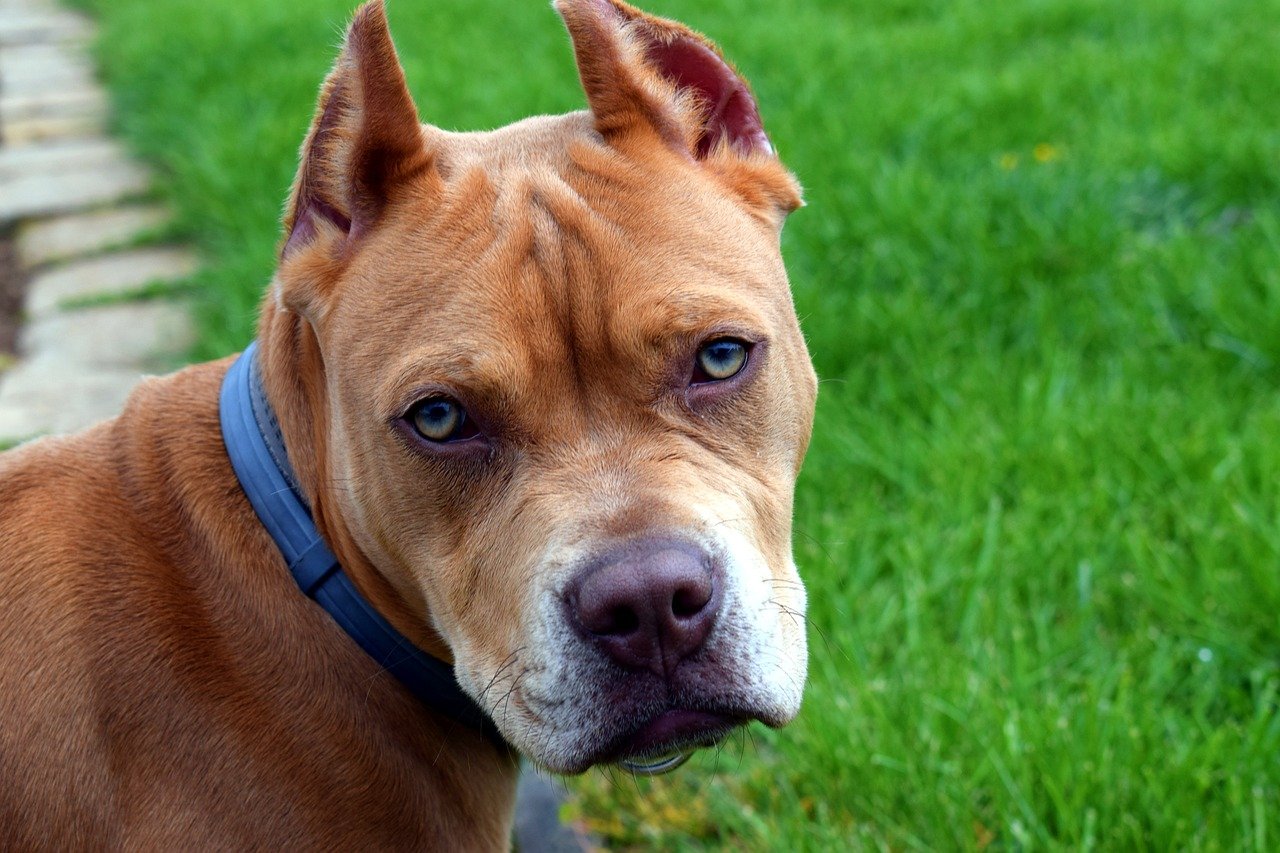
If your Pittie becomes overly clingy or attached, it might be a sign of loneliness. While it’s natural for dogs to seek comfort from their owners, an increase in clinginess can indicate an underlying emotional need. Your Pittie might follow you around the house, seeking constant reassurance or attention. This behavior can disrupt their independence and lead to separation anxiety. Encouraging self-soothing behaviors, like providing a cozy bed or safe space, can help your Pittie feel more secure. Balancing affection with independence is crucial for a healthy relationship.
Pacing or Restlessness
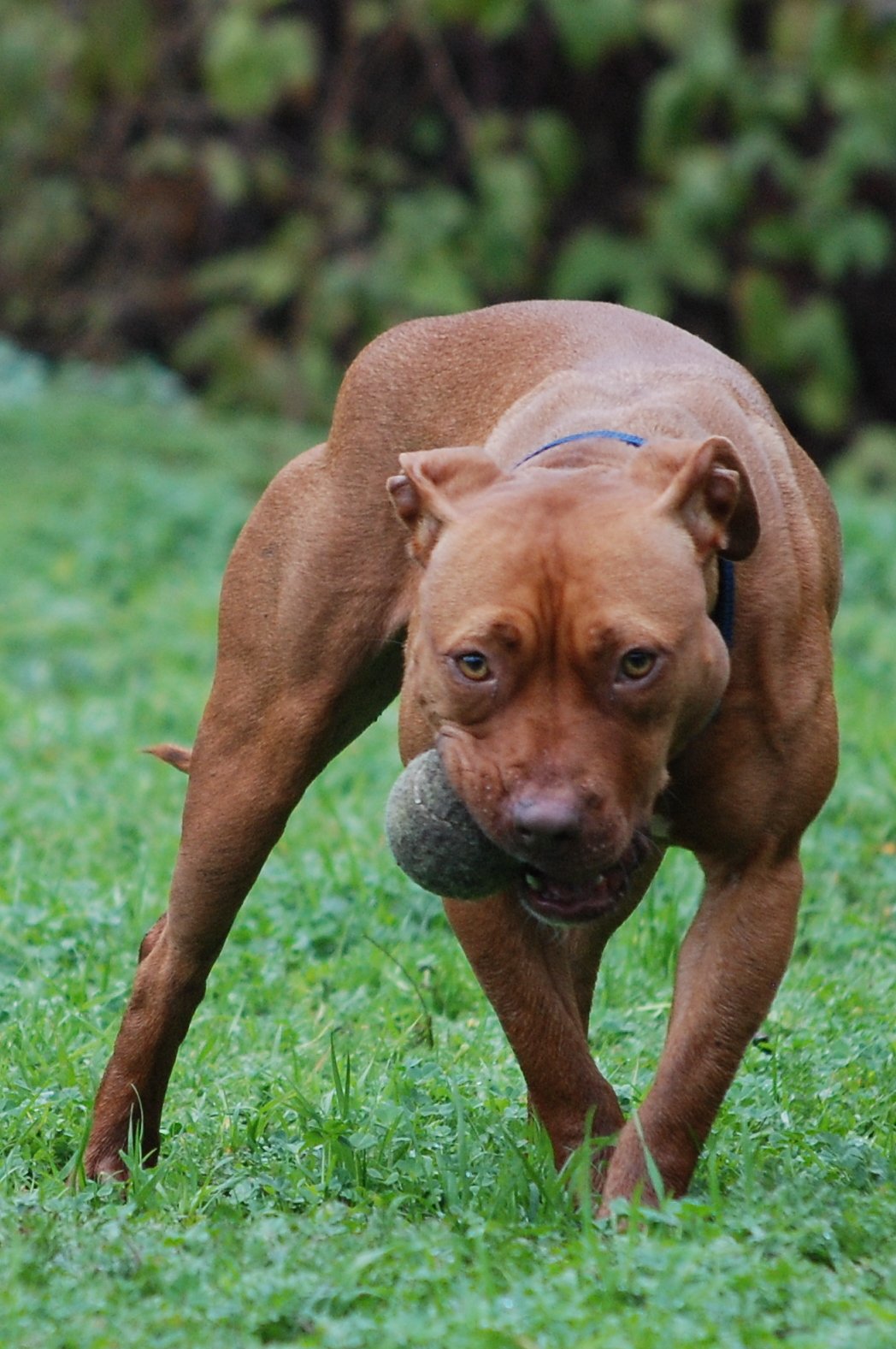
Restlessness or pacing can be an indicator that your Pittie is feeling uneasy or lonely. If you notice them wandering aimlessly or unable to settle, it might be time to evaluate their environment. Dogs often pace when they’re anxious or bored, searching for stimulation or comfort. Providing interactive toys, puzzle feeders, or even a cozy spot by a window can help alleviate this behavior. Regular exercise and mental challenges can also reduce restlessness, ensuring your Pittie feels more at ease.
Lack of Interest in Activities
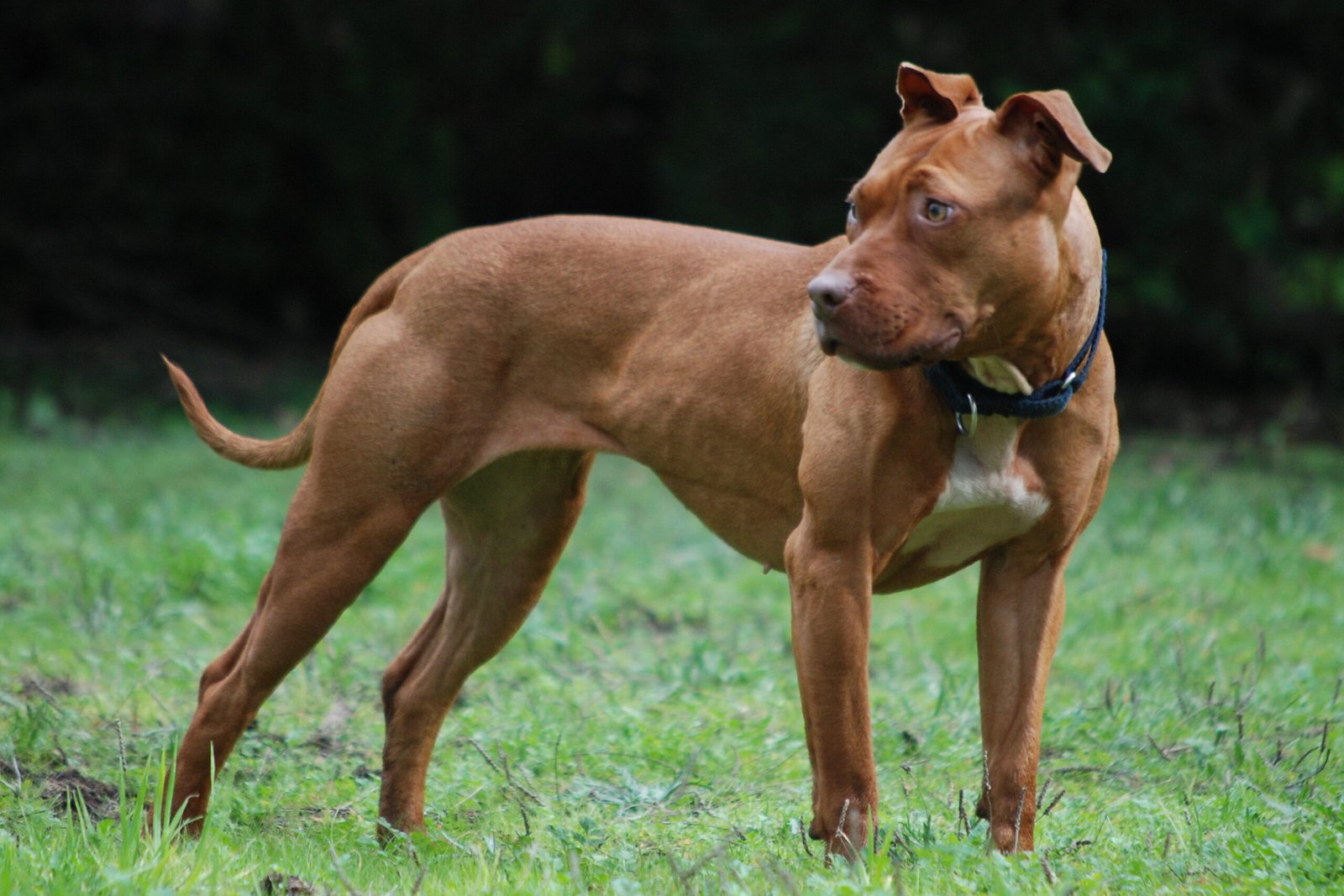
A disinterest in activities or playtime can be a sign of loneliness in your Pittie. If they suddenly lose enthusiasm for their favorite games or toys, it might indicate an emotional imbalance. Dogs thrive on interaction and stimulation, and a lack of interest can stem from feeling neglected. Engaging your Pittie in new activities, introducing them to different environments, or even teaching them new tricks can reignite their passion for play. Ensuring they have a variety of toys and regular interaction is key to keeping them mentally stimulated and happy.
Increased Aggression
Aggression in a normally friendly Pittie can be a sign of loneliness or frustration. If your dog begins to display aggressive behavior, it’s essential to assess the underlying cause. Loneliness can lead to pent-up energy and stress, which might manifest as aggression. Providing your Pittie with ample exercise, mental challenges, and socialization opportunities can help alleviate this behavior. Understanding the triggers and working with a professional if necessary can ensure your Pittie remains calm and friendly.
Frequent Escaping or Roaming
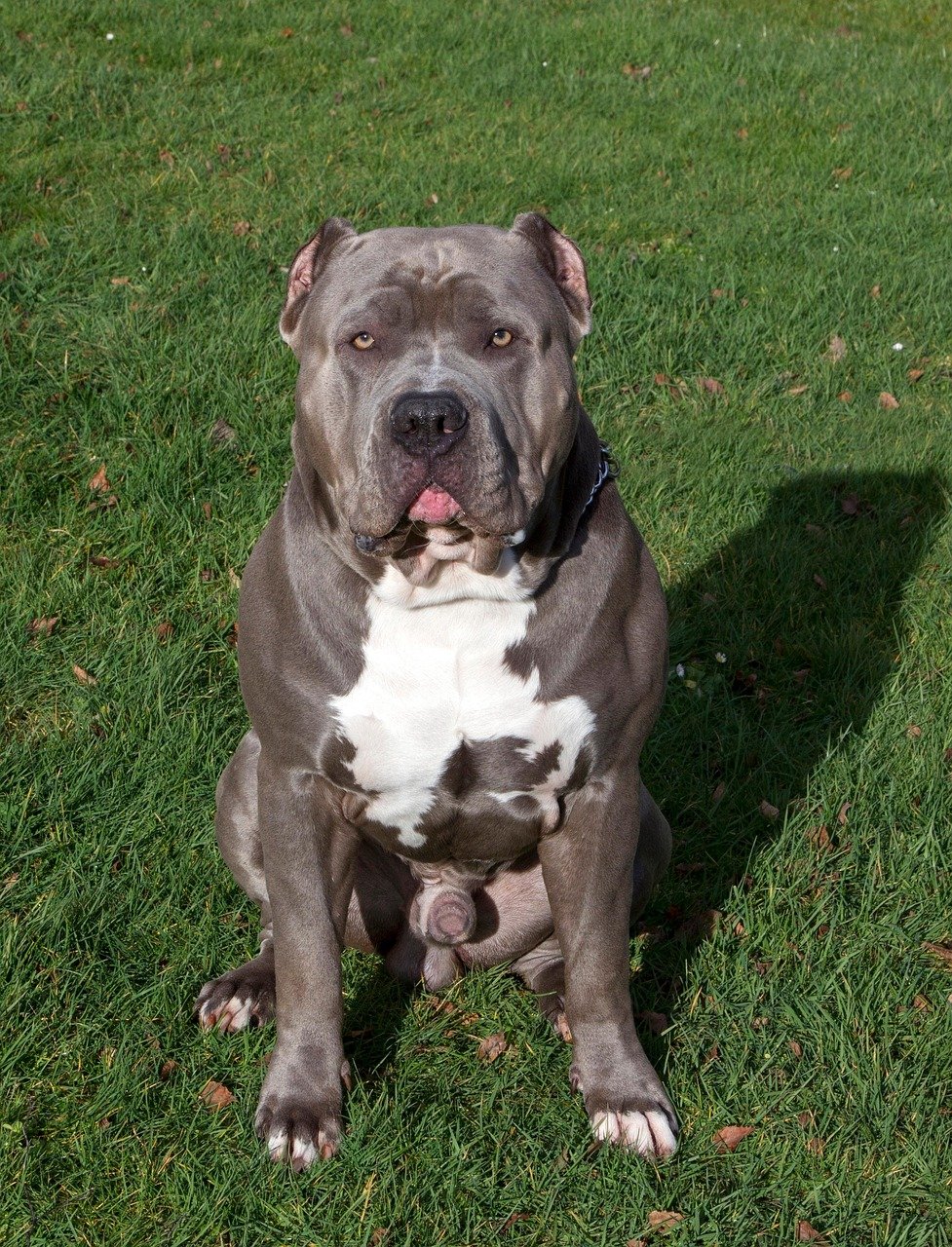
If your Pittie frequently attempts to escape or roam, it might be a sign they’re seeking companionship or stimulation elsewhere. Dogs often try to escape when they’re bored or lonely, looking for interaction or adventure. Ensuring your yard is secure and providing plenty of mental and physical activities at home can reduce this tendency. Regular walks, play sessions, and even doggy daycare can fulfill their need for exploration and companionship, keeping them safe and content.
10 Best Pet Companions for Your Pittie
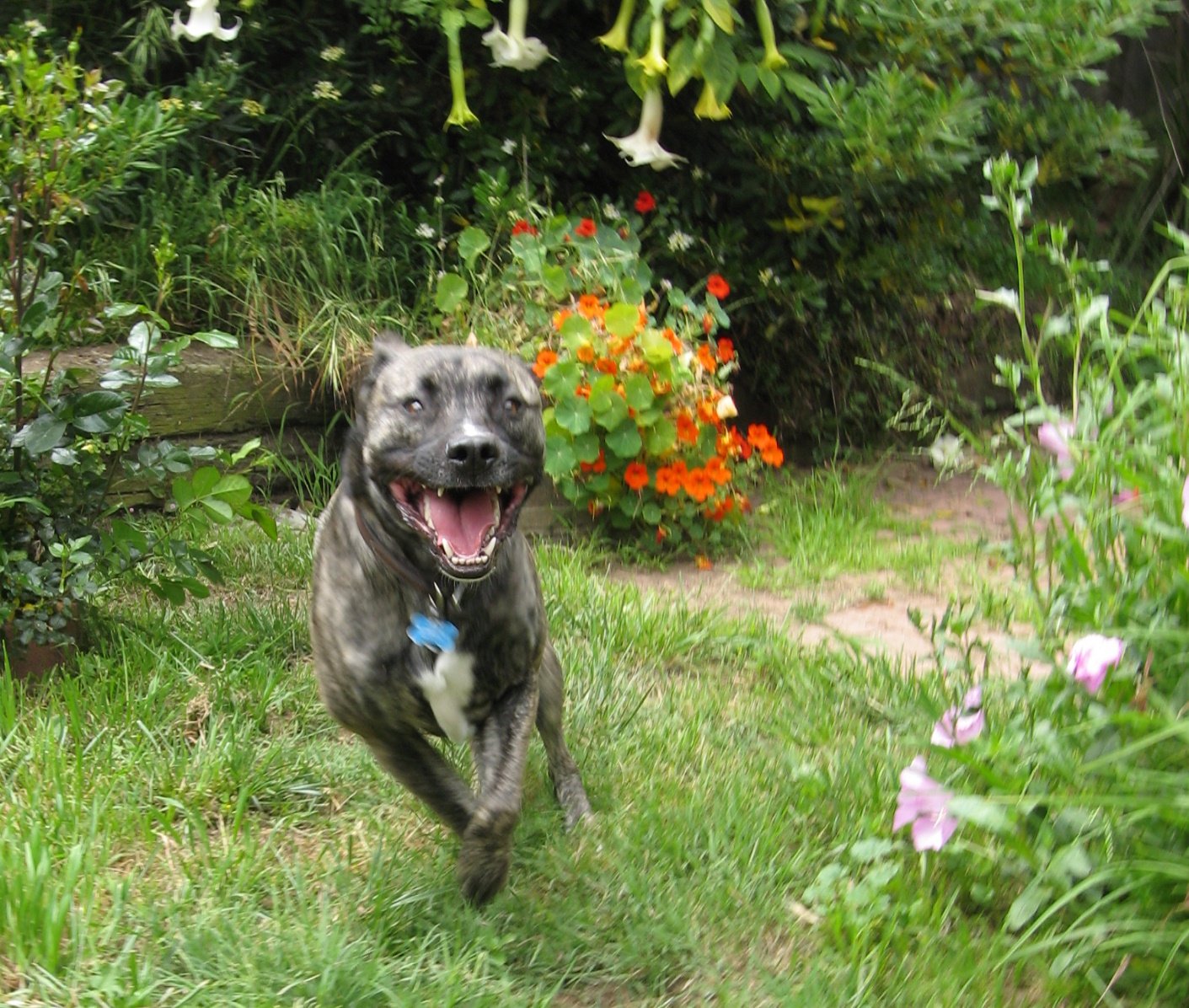
Providing your lonely Pittie with a companion can greatly enhance their quality of life. Dogs are pack animals, and having a friend can fulfill their social needs. However, choosing the right companion is crucial. Consider your Pittie’s temperament, energy levels, and personality when selecting a companion. Some dogs might thrive with a calm, easygoing friend, while others might prefer an energetic playmate. Introducing a new pet requires patience and supervision to ensure compatibility and harmony. Let’s explore some of the best pet companions for your beloved Pittie.
Golden Retrievers: The Affectionate Playmate

Golden Retrievers are known for their friendly and gentle nature, making them excellent companions for Pitties. These dogs are playful, affectionate, and sociable, often getting along well with other animals. Their easygoing temperament complements the Pittie’s loyal and energetic personality. Golden Retrievers enjoy interactive play and can keep up with a Pittie’s energy levels. When introducing a Golden Retriever to your Pittie, ensure they have supervised playtime to build a strong bond. Together, they can form a harmonious and loving companionship.
Beagles: The Curious Explorer
Beagles, with their curious nature and friendly demeanor, make great companions for Pitties. These small to medium-sized dogs are known for their social skills and love for adventure. Beagles enjoy exploring and can engage your Pittie in exciting escapades. Their playful energy matches well with a Pittie’s enthusiasm, providing both dogs with ample exercise and stimulation. When introducing a Beagle, ensure they have plenty of interactive toys and activities to keep them entertained. Together, they can embark on a journey of discovery and friendship.
Boxers: The Energetic Buddy
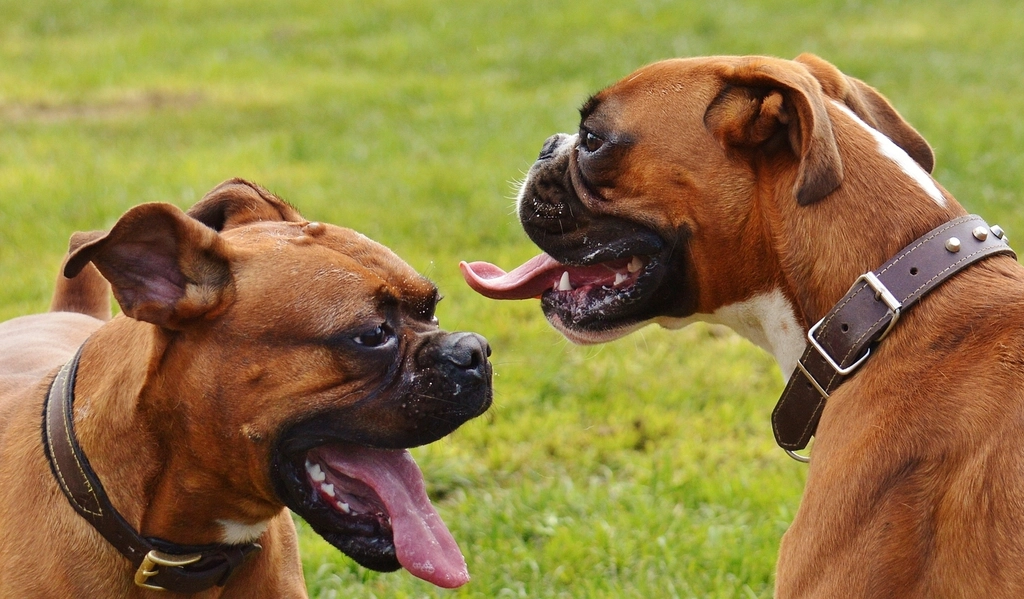
Boxers are renowned for their boundless energy and playful spirit, making them ideal companions for Pitties. These dogs are known for their loyalty and love for playtime. Boxers and Pitties can engage in lively games and activities, keeping each other entertained and happy. Their similar energy levels make them compatible playmates, reducing the risk of boredom and loneliness. When introducing a Boxer, ensure they have regular exercise and mental challenges to keep them stimulated. Together, they can form an energetic and inseparable duo.
Bulldogs: The Calm Companion
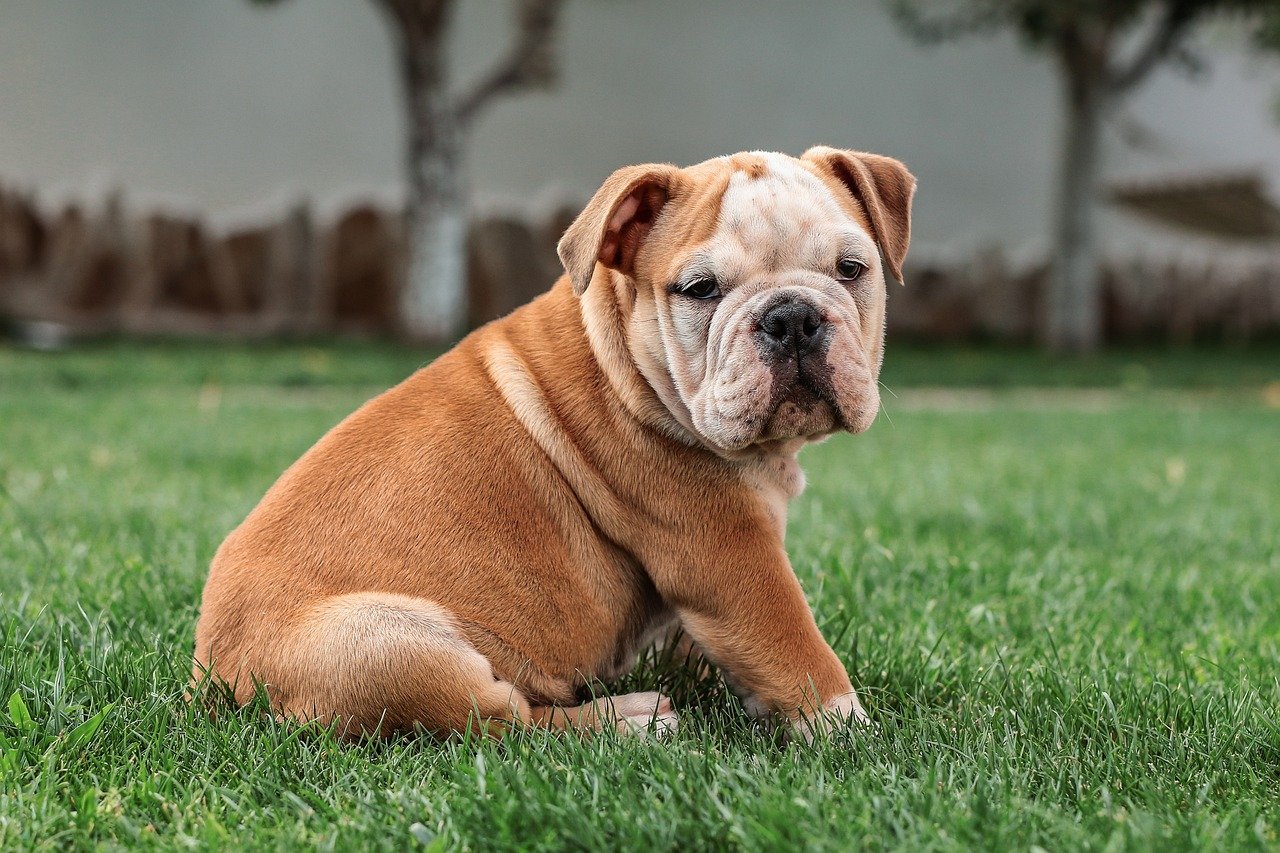
Bulldogs, with their calm and easygoing nature, can be the perfect companions for Pitties seeking a more relaxed friend. These dogs are known for their gentle demeanor and affectionate nature. Bulldogs enjoy lounging and cuddling, providing a soothing presence for a Pittie. Their laid-back attitude complements the Pittie’s energetic personality, creating a balanced and harmonious relationship. When introducing a Bulldog, ensure they have a comfortable space to relax and bond with your Pittie. Together, they can enjoy moments of tranquility and companionship.
Labrador Retrievers: The Loyal Friend
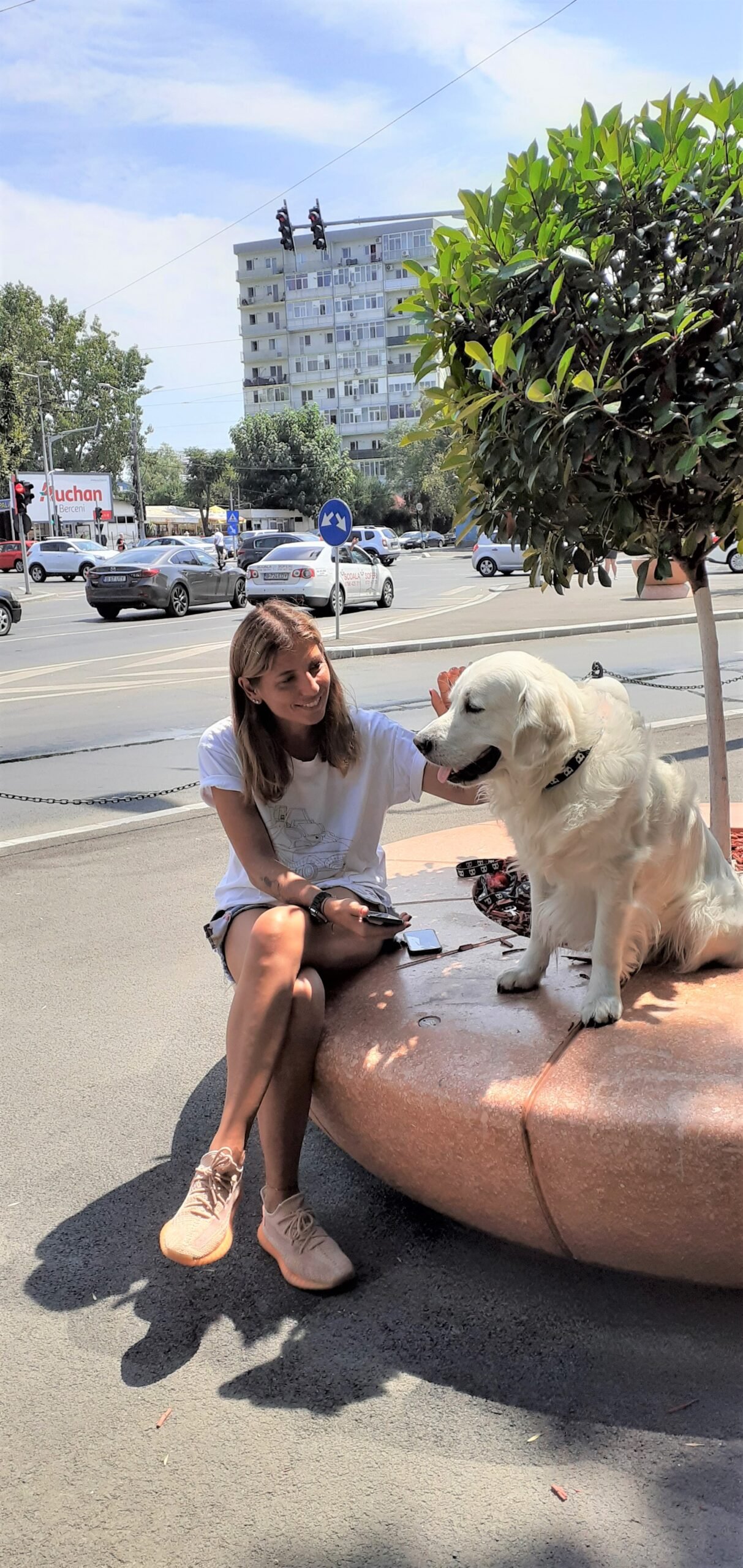
Labrador Retrievers are renowned for their loyalty and friendly nature, making them excellent companions for Pitties. These dogs are sociable, adaptable, and eager to please, often forming strong bonds with other animals. Labradors enjoy interactive play and can keep up with a Pittie’s energy levels, providing both dogs with ample exercise and socialization. When introducing a Labrador Retriever, ensure they have supervised playtime and activities to build a strong bond. Together, they can form a loyal and loving friendship.
Border Collies: The Intelligent Partner
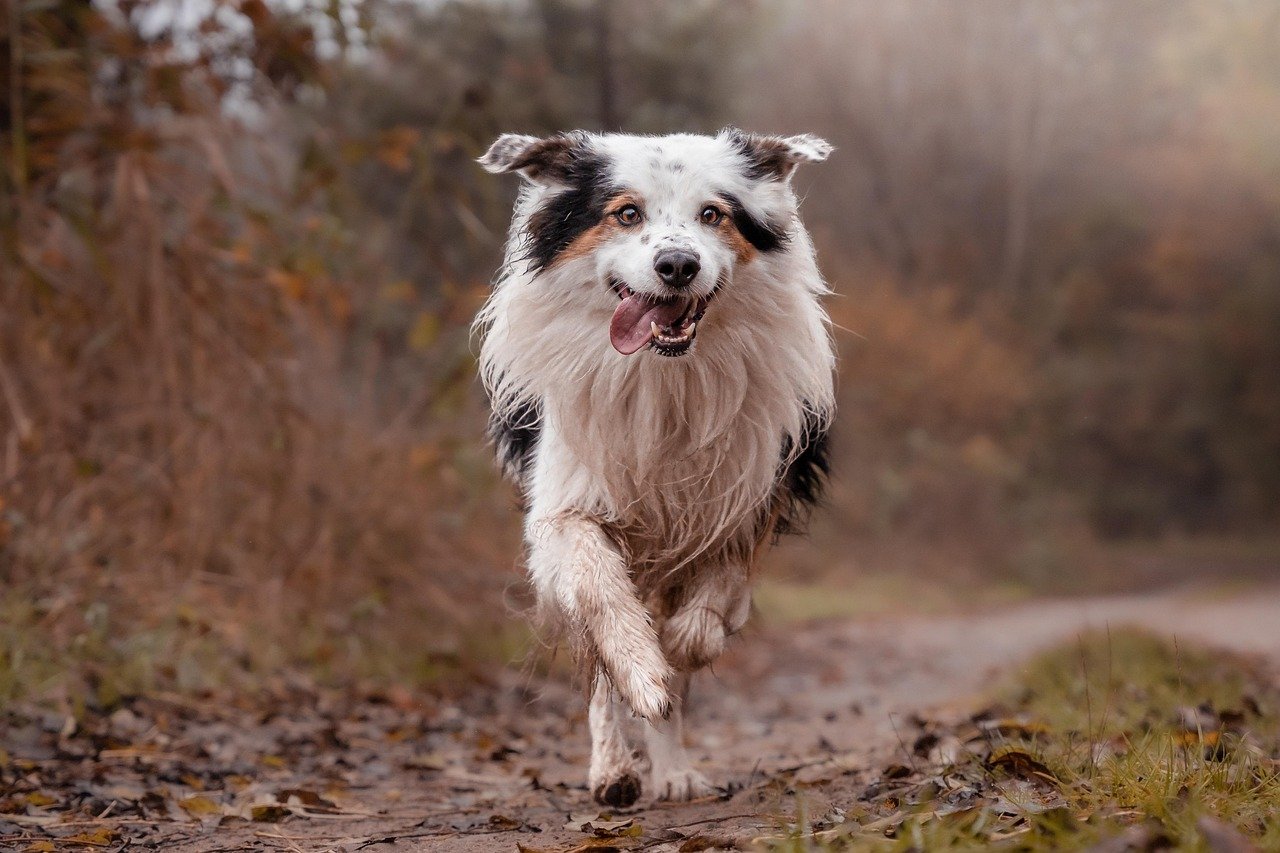
Border Collies, with their intelligence and agility, make fantastic companions for Pitties. These dogs are known for their quick learning abilities and love for mental challenges. Border Collies thrive on stimulation and can engage your Pittie in exciting games and activities. Their energetic and playful nature matches well with a Pittie’s enthusiasm, keeping both dogs entertained and mentally stimulated. When introducing a Border Collie, ensure they have plenty of interactive toys and training exercises to keep them engaged. Together, they can embark on a journey of learning and companionship.
French Bulldogs: The Charming Sidekick

French Bulldogs, with their charming and affectionate nature, make delightful companions for Pitties. These small and sociable dogs are known for their friendly demeanor and love for attention. French Bulldogs enjoy cuddling and playing, providing a comforting presence for a Pittie. Their easygoing attitude complements the Pittie’s energetic personality, creating a balanced and harmonious relationship. When introducing a French Bulldog, ensure they have a cozy space to relax and bond with your Pittie. Together, they can enjoy moments of affection and companionship.
Australian Shepherds: The Active Playmate
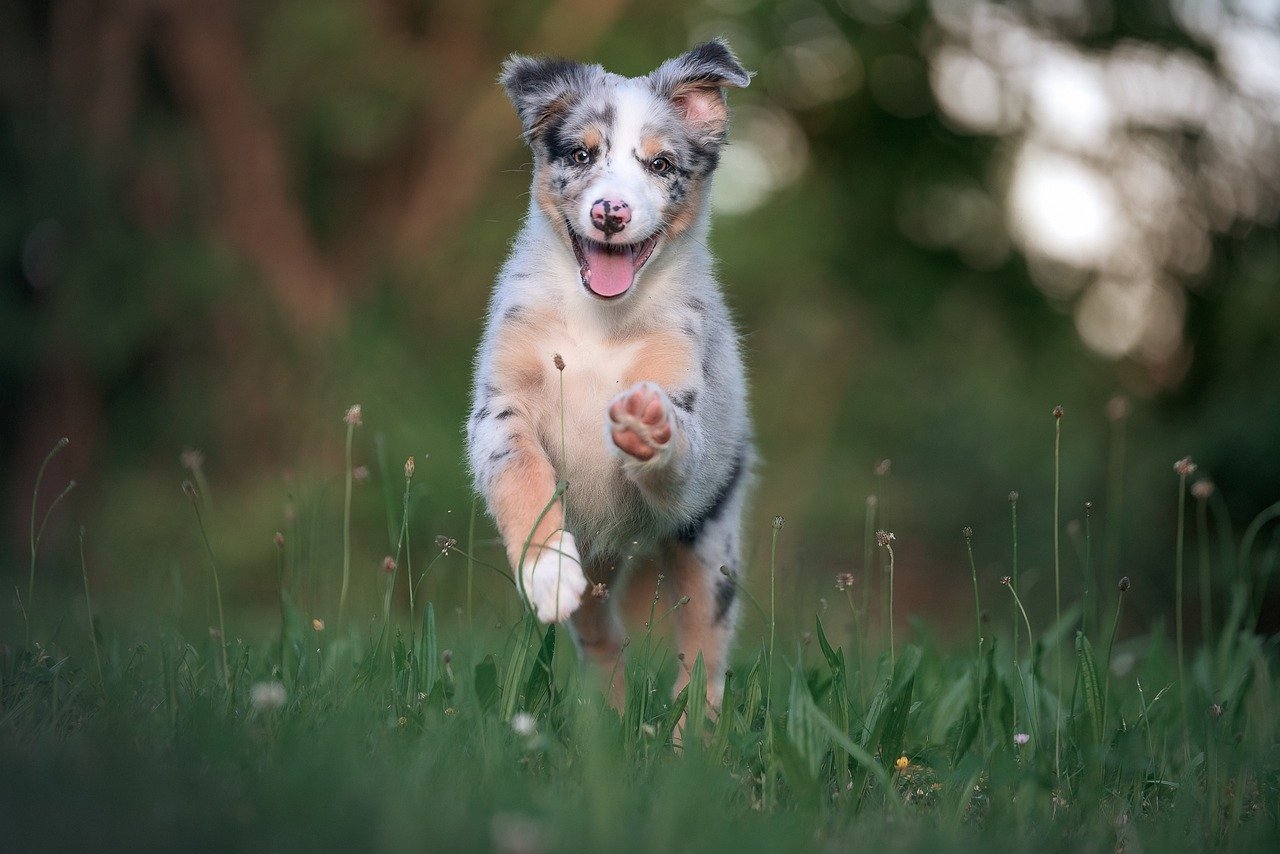
Australian Shepherds, with their active and energetic nature, make excellent companions for Pitties. These dogs are known for their love for play and enthusiasm for outdoor activities. Australian Shepherds and Pitties can engage in lively games and adventures, keeping each other entertained and happy. Their similar energy levels make them compatible playmates, reducing the risk of boredom and loneliness. When introducing an Australian Shepherd, ensure they have regular exercise and mental challenges to keep them stimulated. Together, they can form an active and inseparable duo.
Shih Tzus: The Gentle Companion
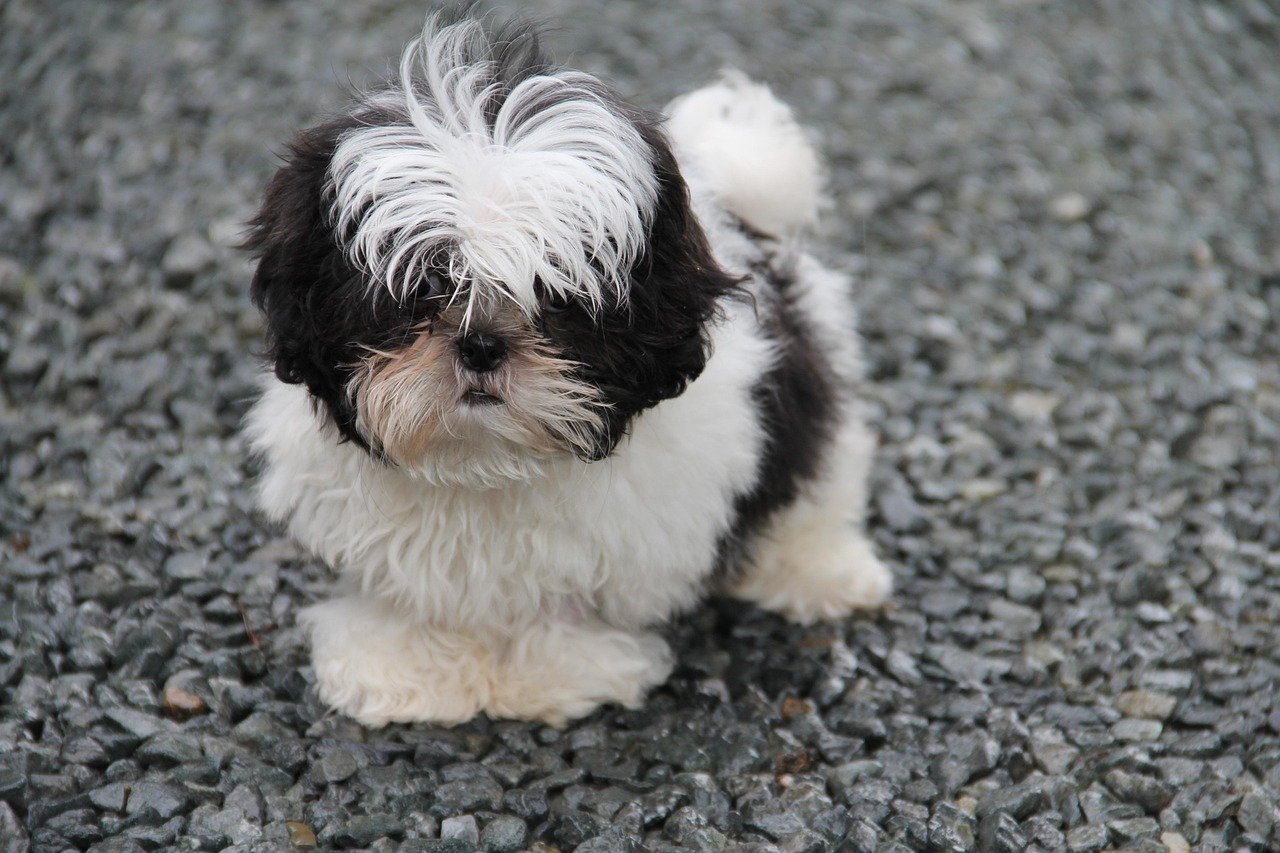
Shih Tzus, with their gentle and affectionate nature, make lovely companions for Pitties. These small and friendly dogs are known for their love for attention and companionship. Shih Tzus enjoy cuddling and playing, providing a soothing presence for a Pittie. Their calm demeanor complements the Pittie’s energetic personality, creating a balanced and harmonious relationship. When introducing a Shih Tzu, ensure they have a cozy space to relax and bond with your Pittie. Together, they can enjoy moments of tranquility and companionship.
Conclusion
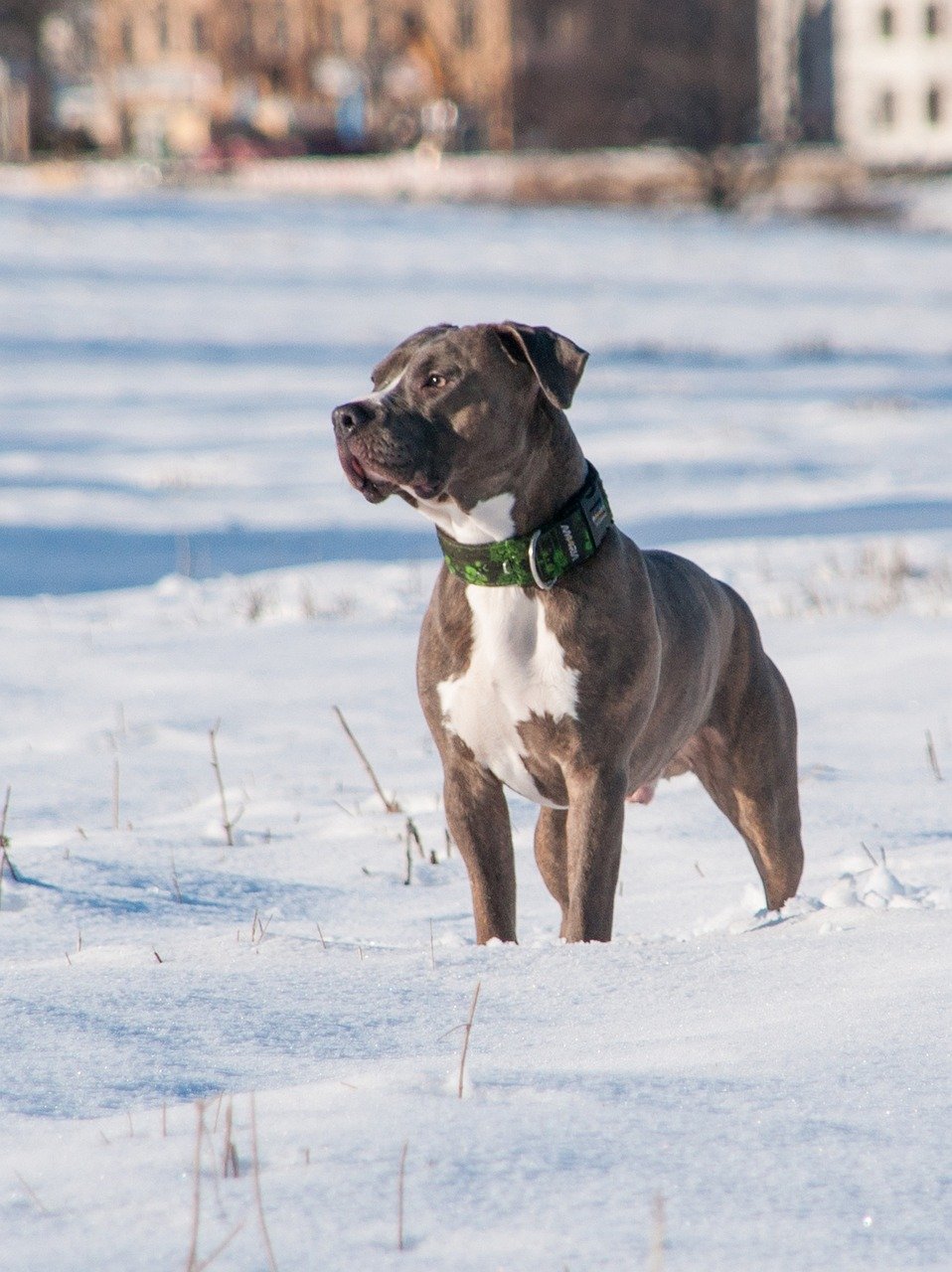
Understanding the signs of loneliness in your Pittie is crucial for their emotional well-being. By recognizing these signs and providing the right companionship, you can ensure your beloved dog leads a happy and fulfilled life. Whether it’s through engaging activities, mental stimulation, or introducing a compatible pet companion, addressing loneliness can transform your Pittie’s world. Remember, a happy Pittie is one that feels loved, secure, and never alone.
Jen is a passionate nature lover and ocean conservationist. She has dedicated her life to protecting the environment and preserving the beauty of the natural world. Growing up in a small coastal town, Jen sincerely appreciated the ocean and its inhabitants. She has spent countless hours exploring the shoreline, learning about the creatures that inhabit the waters, and advocating for their protection. Jen is an active member of ocean conservation organizations, and she is committed to educating the public about the importance of conserving wildlife and the natural environment.

